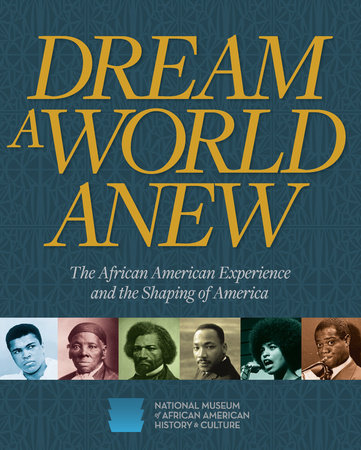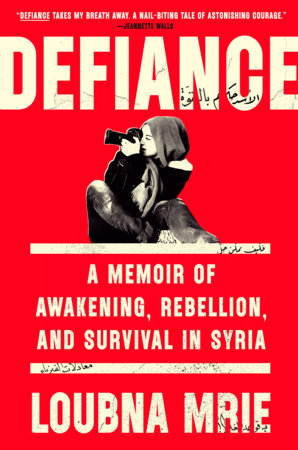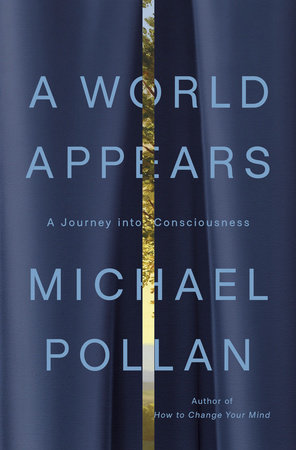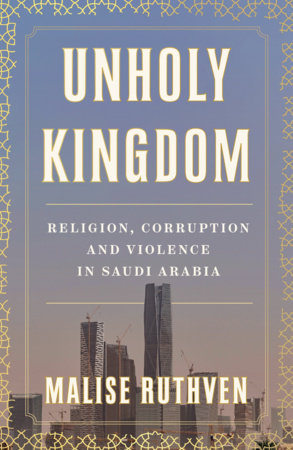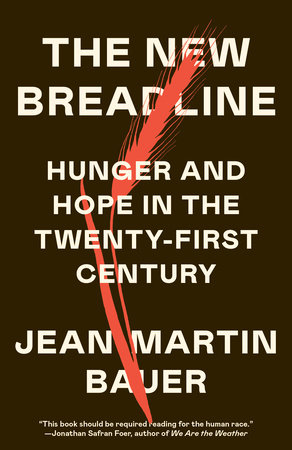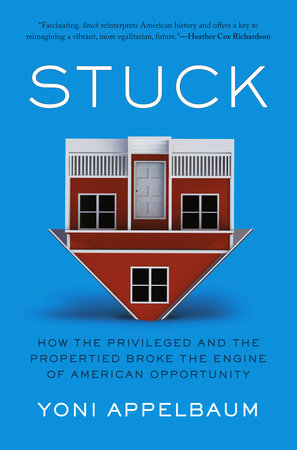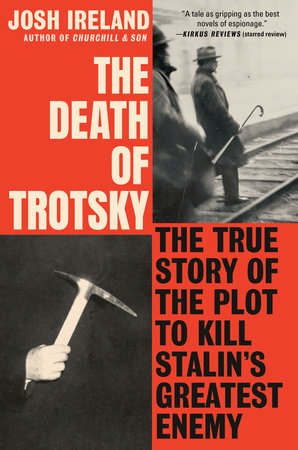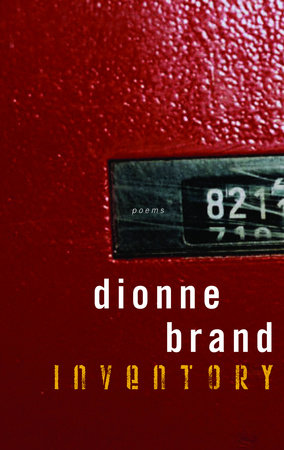

Inventory
By Dionne Brand
By Dionne Brand




Author
Dionne Brand
DIONNE BRAND is the award-winning author of twenty-three books of poetry, fiction and nonfiction. Her twelve books of poetry include Land to Light On; thirsty; Inventory; Ossuaries; The Blue Clerk: Ars Poetica in 59 Versos; and Nomenclature: New and Collected Poems. Her six works of fiction include At the Full and Change of the Moon; What We All Long For; Love Enough; and Theory. Her nonfiction work includes Bread Out of Stone and A Map to the Door of No Return: Notes to Belonging. Brand is the recipient of numerous literary prizes, among them the Griffin Poetry Prize, the Toronto Book Award, the Trillium Book Prize, the OCM Bocas Prize, and the 2021 Windham-Campbell Prize for Fiction. She is the Editorial Director of Alchemy, an imprint of Knopf Canada, and University Professor Emerita at the University of Guelph. She lives in Toronto, Canada.
Learn More about Dionne Brand